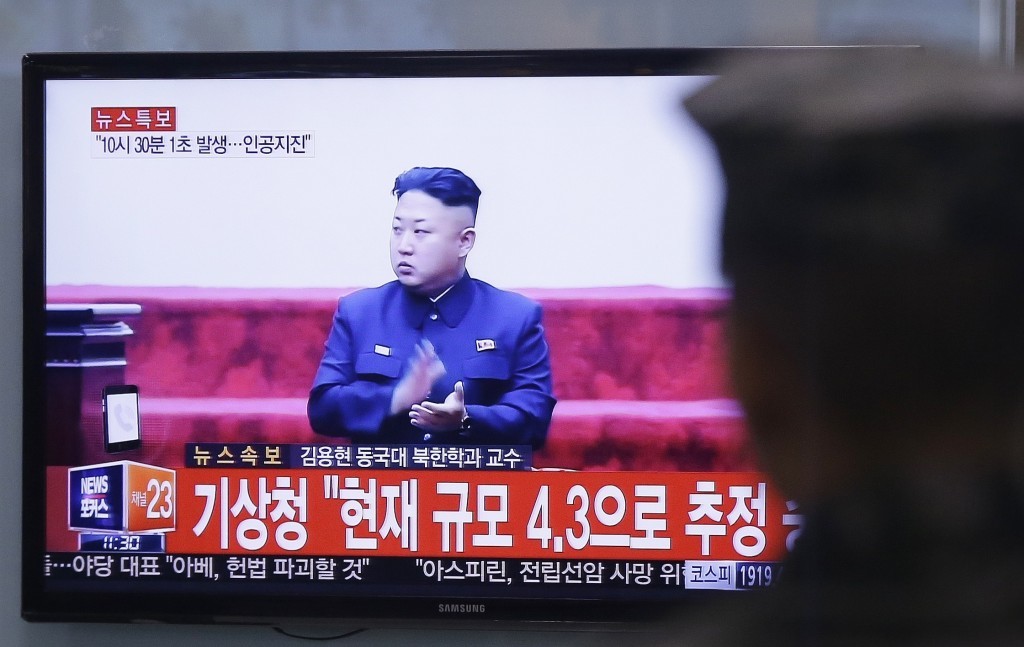
A military clash between the United States and North Korea could quickly escalate into a major conflict with devastating loss of life, experts have warned.
After weeks of mounting tensions, President Donald Trump ratcheted up the pressure on the regime in Pyongyang, threatening to unleash “fire and fury like the world has never seen” if it continues its threats to the US.
The warning followed the disclosure that US analysts had concluded that Kim Jong Un’s scientists had developed a nuclear warhead small enough to fit on an inter-continental ballistic missile.
The North Koreans responded with a threat of their own to carry out a missile strike on the US Pacific territory of Guam – a base for America’s strategic bomber force.
Amid alarm among US allies in the region, Secretary of State Rex Tillerson sought to lower the temperatures, saying the president had been using “language that Kim Jong Un would understand” to avoid any “miscalculation” by Pyongyang.
However military and foreign affairs experts said that while war between the two sides may not been imminent, the risks of a major conflict were growing.
“The situation is worsening, definitely,” said Cristina Varriale, a research analyst at the Royal United Services Institute military think tank.
“Tensions have increased significantly and we have seen the military option elevated. I don’t necessarily think that equates to nuclear war being imminent but the option of that being likely does seem to have increased – especially over the past weeks.”
Menzies Campbell, the veteran former Liberal Democrat leader, agreed.
“The atmosphere is increasingly fragile and the risk is that by mismanagement, accident or provocation, real or imagined, hostilities – even in a minor key – might break out,” Lord Campbell said.
While Mr Trump has insisted that he would not allow the North Koreans to develop a nuclear weapon capable of hitting the US, Ms Varriale said that pre-emptive military action would not be easy.
“Conflict on the peninsula would cause significant destruction, both for US allies in the region, especially South Korea, but also for the US forces stationed out there,” she said.
“The North Koreans have significant artillery capabilities quite close to the demilitarised zone that would almost certainly be able to reach Seoul and then we would see a quick escalation. It would be a significant conflict.”
Ms Varriale said that while the Americans were determined to end Pyongyang’s nuclear programme, the North Koreans saw it as their best guarantee against regime change imposed by Washington.
“The North Koreans have long looked towards Libya and Iraq. What they have seen in other countries is that as soon as you willingly or reluctantly relinquish any nuclear programme, you are opening that possibility for US regime change,” she said.
Tom Tugendhat, the new chairman of the Commons Foreign Affairs Committee, called for “careful measured action” to step back from conflict, urging the two sides to take a leaf out of the book of the US and Russian leaders in the 1962 Cuban missile crisis.
“Kennedy and Khrushchev showed there is a way through,” he said.
Lord Campbell said that there had to be a return to international talks and urged the Americans to drop their demand that North Korea abandons its nuclear programme before joining the negotiations.
“The truth is, Kim Jong Un hold more cards in this dispute than does America,” he said.